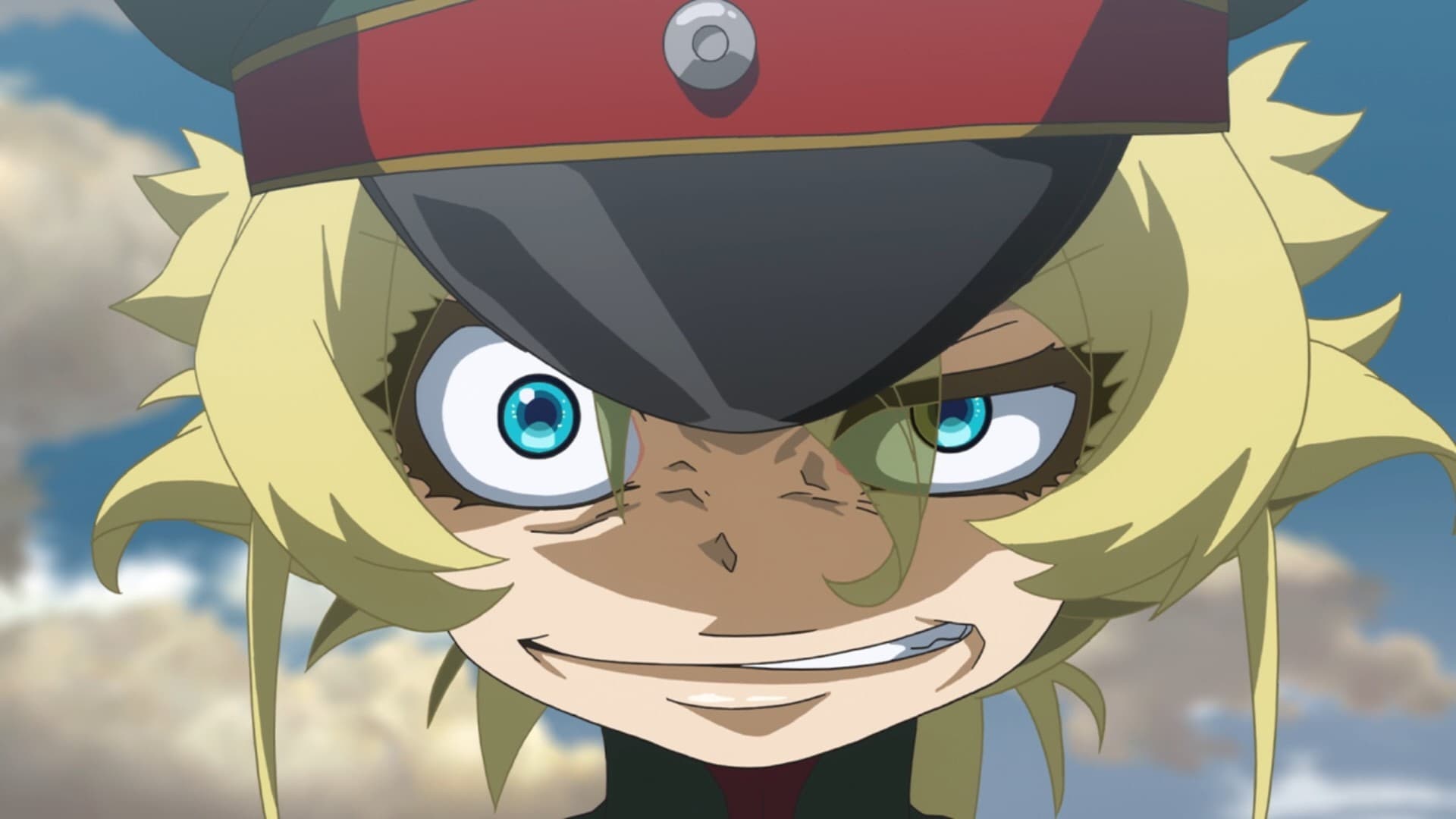However, within anime most of the story beats you'd consider to be part of Isekai were much more common in Shojo or female led series in the 80s and 90s than they ever were in male oriented anime and manga and some of the biggest named isekai series from before the 2010s were all female lead and female oriented stories.
And that's just plain wrong. There were just as plenty of male and shounen/seinen isekai in the 1980s and 90s. Hell I can even name light novels from the 80s. For example, the first Japanese work (not just light novel, predating anime and manga) that would set the tropes of Japanese isekai was "
Isekai no Yūshi" by Takachiho Haruka, published in 1979 (I mean, it is literally the ur-"Japanese high school student gets summoned to save the otherworld" novel). The first of the
Rean no Tsubasa light novels began in 1983, 5 years before the more well-known animated AU of the Byston Well series, Aura Battler Dunbine, came out. Then you've got
Ijigen Kishi Kazuma by Shizuka Oryoji and Yoshikazu Yasuhiko published in 1988 for interdimensional summoning isekai. And these are sword and sorcery stories and shounen/seinen types, not shoujo or what not. And there were more in the 90s too.
And then you've got the kid hero isekai subgenre started by Mashin Hero Wataru, which spawned a whole mess of forgettable copycats back in the 80s and 90s to the point where we had a deconstruction of the kid hero isekai with Now and Then, Here and There. They're not as well known as the shoujo isekai because they never came over at the same time. I mean, take NG Knight Ramune, for example, probably one of the better known of the Wataru clones. I only heard about it back in the 90s because of this one dedicated dude and his Geocities site on the entire Ramune series.
It's absolutely bullshit that there are people that will count those old-school magical girl series where the the MG comes from a magical world to do episodic shit as reverse isekai, then claim that isekai featuring mecha (or if it's shounen fighting like Shurato) doesn't count just so they can claim shoujo and female-led stories was the origin and the main source of isekai. Nevermind the fact that there's a lot of media from the time period like light novels they don't even know about.

